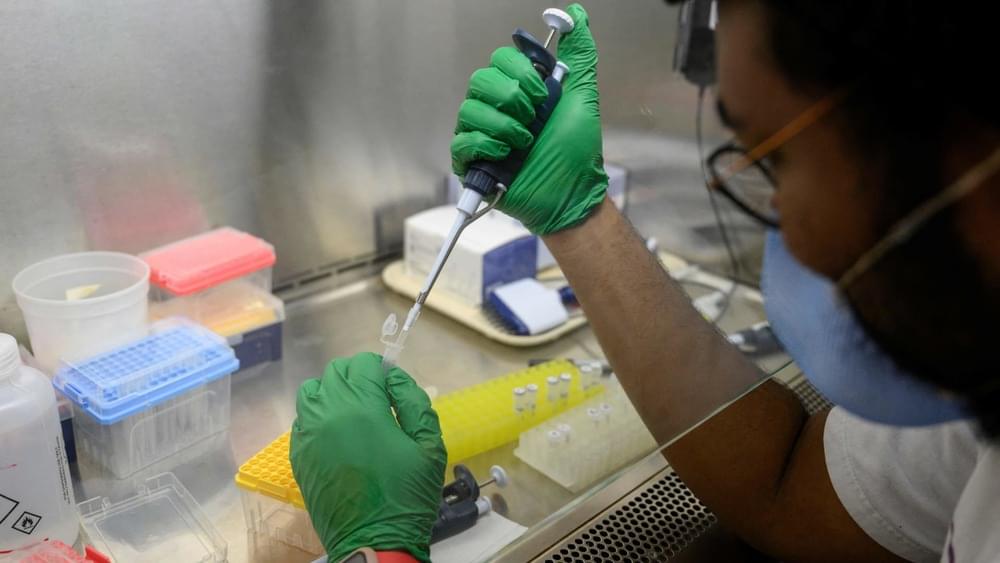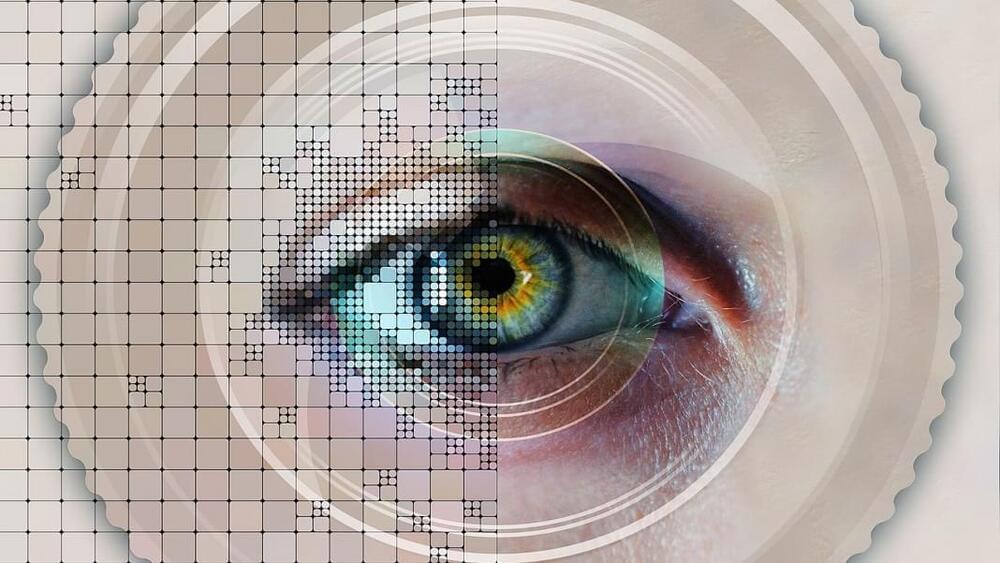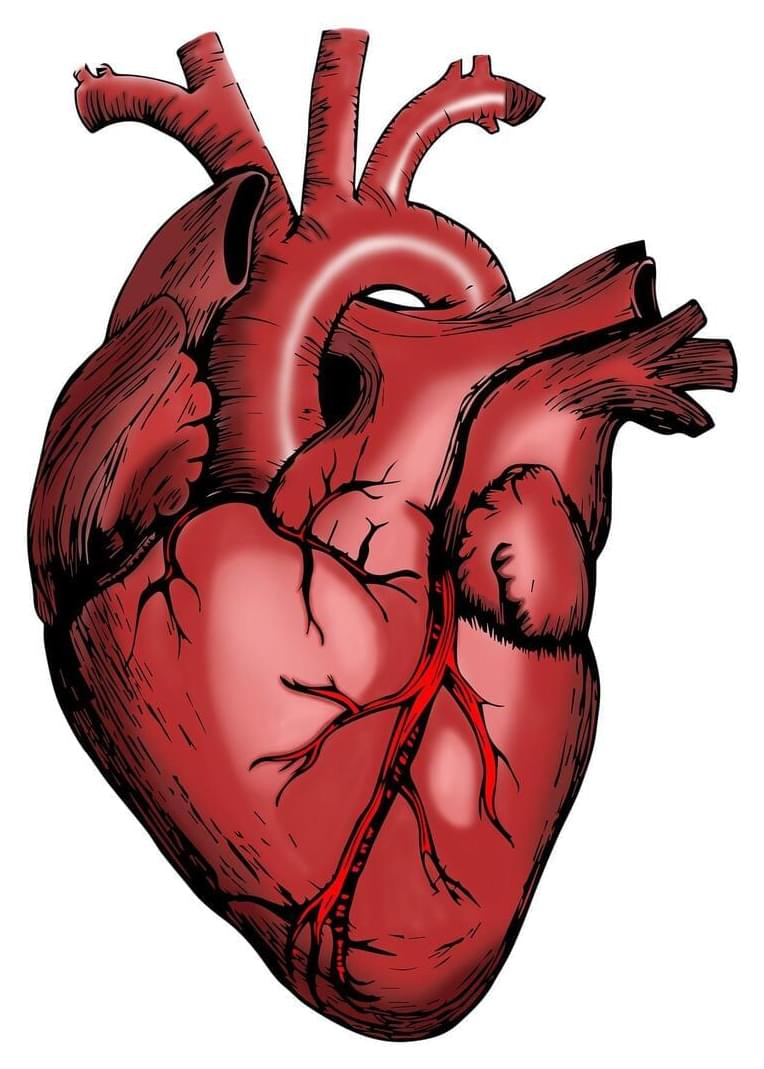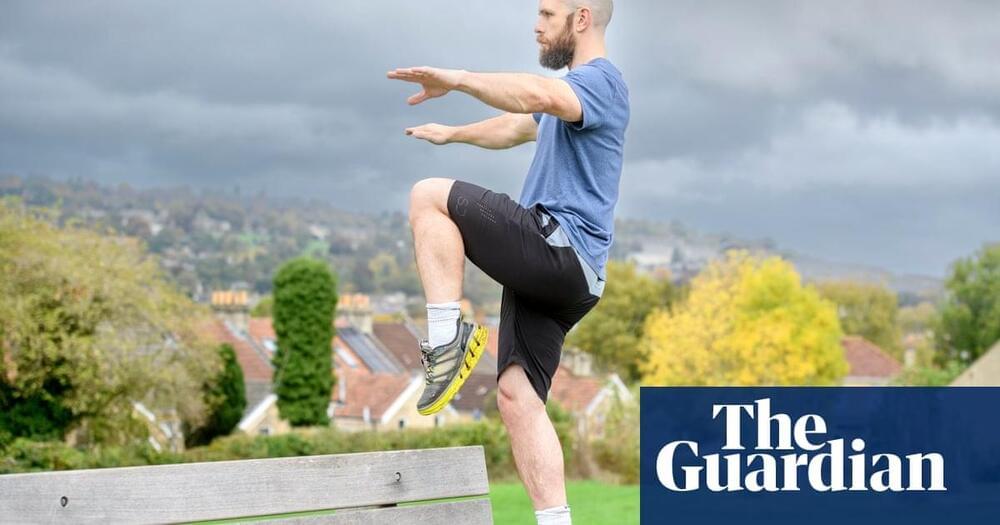It’s difficult to trace the epidemiology since the patient didn’t travel, the mutations in the viruses are small and international travel in and out of New York is heavy, he said.
“With a single case there’s no way to know exactly how many infections there were between the vaccine vial and the paralyzed person,” Oberste said.
It’s unlikely public health authorities will figure out the origin of the virus that paralyzed the patient in New York, Oberste said. Dozens of countries around the world — primarily in Africa, the Middle East and South Asia — are still using oral vaccines that contain the Sabin Type 2 strain.








